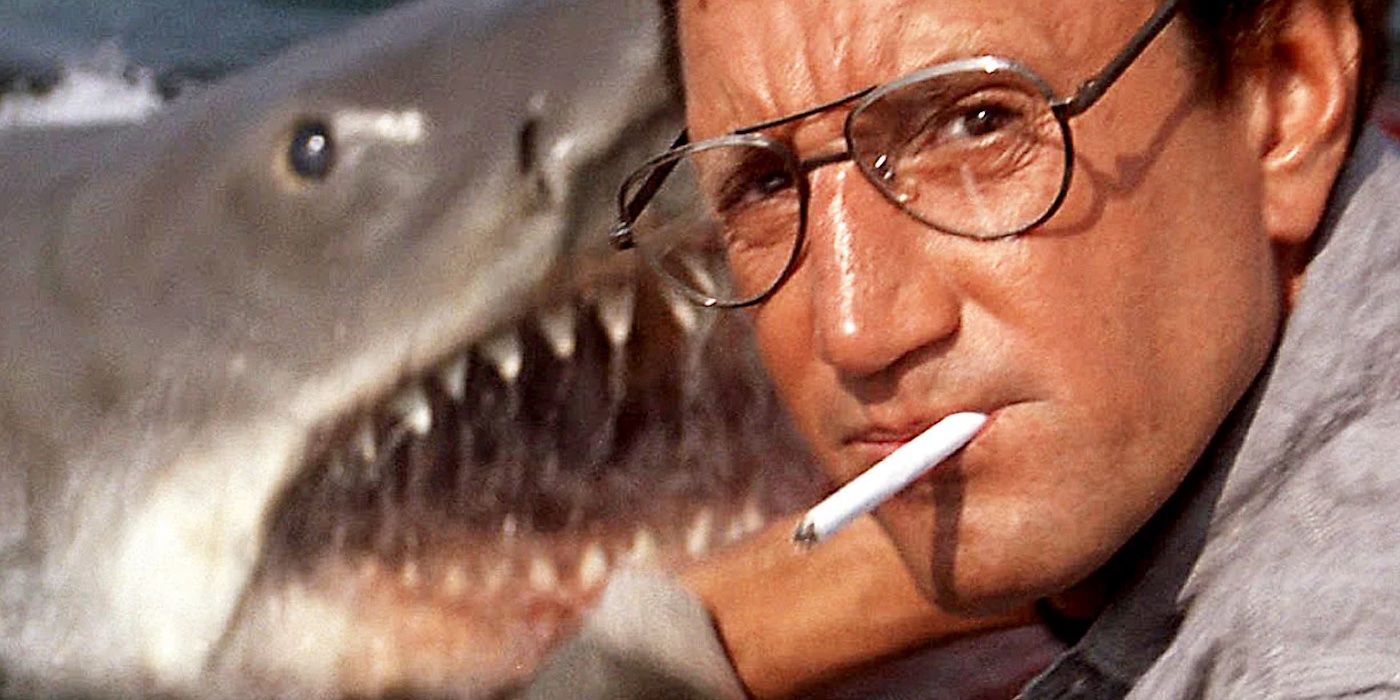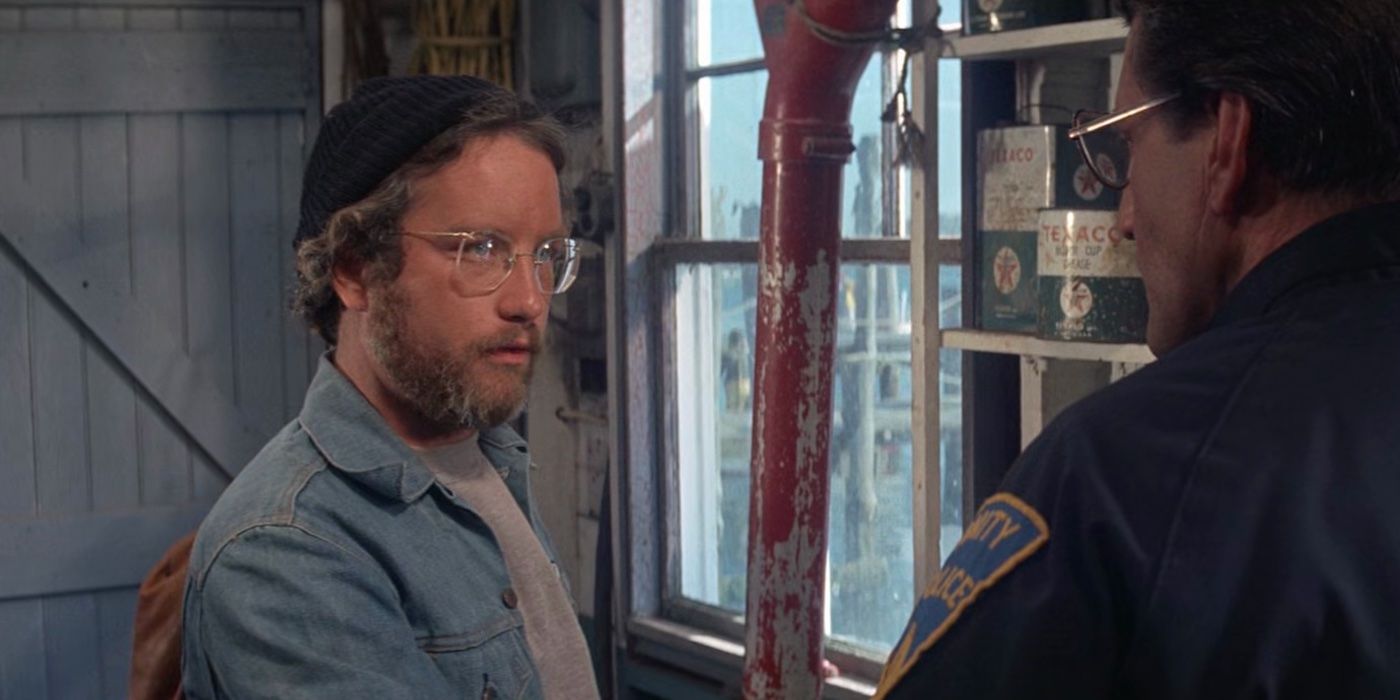Steven Spielberg has expressed his remorse for the negative impact Jaws had on the shark population, in which thousands of fishermen set out to catch sharks as trophies. This comes after the late Jaws author, Peter Benchley, on whose novel the film was based, expressed his regret in writing the novel.
In an interview with BBC Radio 4’s Desert Island Discs on Sunday, Spielberg expressed his deepest regret about the impact his 1975 film had on shark populations. “I truly and to this day regret the decimation of the shark population because of the book and the film,” Spielberg said. “I really, truly regret that.” When asked how he would react if he was in a situation where sharks circled him, he explained that he does not fear sharks for the perceived threat they pose, but that they would seek retribution for the damage he caused them. “That’s one of the things I still fear. Not to get eaten by a shark, but that sharks are somehow mad at me for the feeding frenzy of crazy sports fishermen that happened after 1975,” he said.
Whilst there have been other causes for a decline in the worldwide shark population, several conservationists laid blame on the movie and book for an increase in shark hunting. “Jaws was a turning point for great white sharks,” fish curator at the Natural History Museum in London, Oliver Crimmen, said in a 2015 interview with the BBC. “I actually saw a big change happen in the public and scientific perception of sharks with Peter Benchley’s book Jaws was published and then subsequently made into a film.” He explained that this was due to the book and film’s portrayal of sharks being vengeful with an intention to kill particular individuals. Crimmen was not alone in his assessment of the film’s impact, with George Burgess, director of the Florida Program for Shark Research in Gainesville, also criticizing the story for an increase in “blue collar” fishing. “A collective testosterone rush certainly swept through the east coast of the US. Thousands of fishers set out to catch trophy sharks after seeing Jaws,” he said, explaining that people wanted to copy the film’s characters. “It was good blue collar fishing. You didn’t have to have a fancy boat or gear—an average Joe could catch big fish, and there was no remorse, since there was this mindset that they were man-killers.”
Before his death in 2006, author Benchley expressed his regret for his book’s impact, becoming an advocate for their protection. “Knowing what I know now, I could never write that book today. Sharks don’t target human beings, and they certainly don’t hold grudges,” Benchley said years after the release of his book in 1974, as reported by a Los Angeles Times article. Until his death at the age of 65 in 2006, Bentley dedicated his life post-book and film to campaigning for the protection of sharks. “I hope that ‘Jaws’ will have brought sharks into the public interest at a time when we desperately need to reevaluate our care for the environment,” he said.
Spielberg’s classic thriller, Jaws (1975), follows police chief Martin Brody’s (Roy Scheider) attempts to catch the great white shark that is attacking beachgoers at a summer resort town. Enlisting the help of a marine biologist (Richard Dreyfuss) and professional shark hunter (Robert Shaw), they soon learn a captured tiger shark is not to blame for a series of deaths. The film also stars Murray Hamilton as the town’s mayor and Lorraine Gary as Martin Brody’s wife. Based on Benchley’s 1974 novel, the script was written by actor-writer Carl Gottlieb.
Jaws is currently streaming on Netflix. In the meantime, watch the official trailer for the film below:


